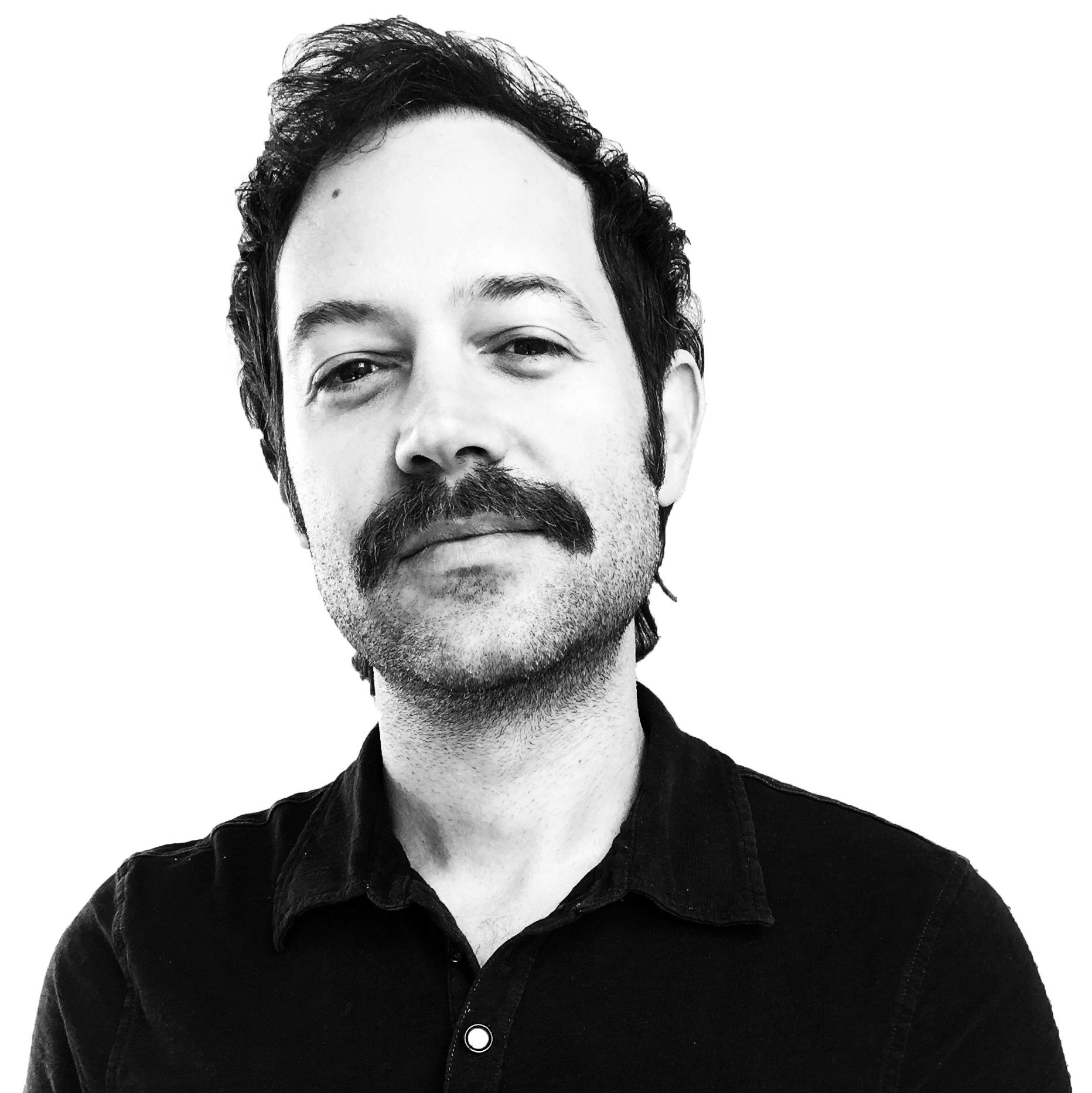The pattern of on-campus culture wars is now as familiar as the plot of a blockbuster film. And no sooner did the University of Michigan’s Center for Campus Involvement announce a screening of American Sniper than a wave of upset broke out.
Things escalated quickly. The Michigan Muslim Students’ Association organized an open letter campaign, boasting 200 signatures, against the event. CCI balked, first canning and then rescheduling the social gathering. Michigan’s celebrity football coach, Jim Harbaugh, vehemently tweeted his support. A key administrator reinstated the original screening. And some irate students at other campuses—like Brown University’s Nicholas Asker—found themselves momentary media stars by claiming that, after all, “canceling the movie is perfectly consistent with freedom of expression, and showing the movie is what contradicts freedom of expression.”
Pundits accordingly trained their guns on these Orwellian, barrel-bound fish. But there is more to the story than the totalitarian instinct that alone guides minds when political correctness advances to its illogical conclusion. As Alyssa Rosenberg aptly observed: “Like so many controversies over campus speakers, events, or even freelance writing by professors, the University of Michigan’s ‘American Sniper’ kerfuffle is both a symptom of and a distraction from larger questions about campus climates and students’ sense of themselves and their environments.”
Put differently, the story-beyond-the-story concerns not what political correctness has done to academia, but what academia has done to political correctness. Alone, there’s something tremendously inconsequential about the emotionally fragile urge to micro-police all attitudes—in much the same way that there’s not necessarily very much at stake when people go around acting like jerks. In a mature environment, humans often opt—often without much fore- or afterthought—to simply shake off acts of political correctness or incorrectness.
But while today’s college campus is many things, mature it is not. This in itself is a special sort of problem, especially from the standpoint of those who believe that infantilization has set in and America’s teens and twentysomethings are being emotionally disabled by the institutions that surround them.
On the other hand, a strong case can be made that the opposite problem holds sway: Students in educational institutions are there because they’re in fact not ready for the prime time of adult society. Treating them otherwise is to invite disaster, in the form of a string of psychodramas resolvable only by recourse to unending arbitration.
A clear-eyed look at the situation reveals that the maturity level of today’s college students is not an explanation but only a facet of the perpetual circus surrounding affirmative consent rules, campus kangaroo courts, and battered feelings syndrome. On close inspection, maturity itself turns out to be a red herring, an imprecise way to account for how institutions of higher education have made such a monster out of political correctness.
The root issue is simple: The mission of colleges and universities today is no longer to educate students. This may sound farfetched and odd, until one considers just how many missions our schools believe it is their duty to pursue. Today, no campus is worthy of the name unless it is simultaneously functioning as a business; a fundraising machine; a donor nexus; a quasi-philanthropy; a research institute; an administrative micro-state; a sort of secular church where the neoliberal creed of upward mobility through diversity and inclusion is taught every step of the way; and, yes, a place where humans are supplied in some manner with information, which they are then rewarded in some manner for reiterating back to campus hirelings more or less intact.
You may or may not thrill to the splendor and adaptability of the new “multiversity.” But you cannot deny that it is more like a city-state than like a school. Rather than educating those it admits, our multiversities actually raise them to be something very much indeed like citizens. Only trouble is, in these virtual city-states there is no such thing as actual citizenship. Despite the presence of a civic religion, a ruling elite, a rich treasury, a private police, an independent judiciary, and a labyrinthine tower of administrative offices, “student government” is nearly an oxymoron. Tiny budgets and trivial agendas define it. Talent and ambition vanish within it.
Even more perversely, while university administrators and professors proudly see themselves as interchangeable members of a cognitive caste freed from any local prejudice, students are driven madly into the confines of the most parochial of worldviews—whether the ever-more-exotic micro-niches of identity politics or the chauvinistic corridors of the stereotypical campus fraternity. Not even college sports transcends the banality of tribe.
All these problems could be erased if universities really were city-states. Pride could find itself a more adult, more productive, and more empowering means of campus expression. But of course it’s laughable to think that such an unfinished hodgepodge of human beings as today’s students could become citizens of anything so concrete and particular as a campus-state. For them, even the nation-state is often too demanding.
Small wonder political correctness has metastasized so swiftly in the precincts of these negligent little despotisms called campuses. There is nothing to contain it or even to define it. Why not censorship as freedom of expression? In a city without citizens, politics is an absurdity. To fully escape the madness, campus must again become a place to learn, and little more.




